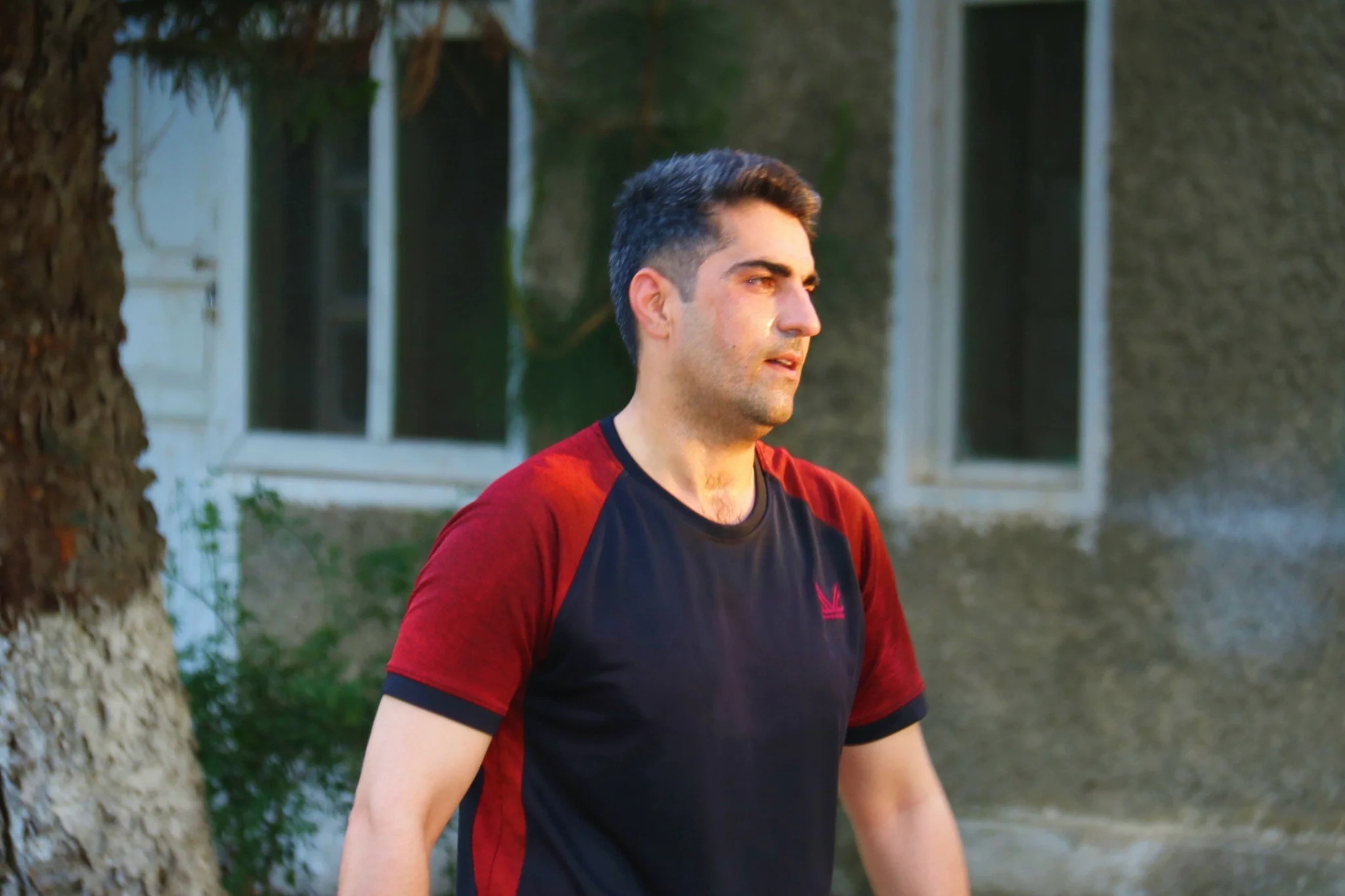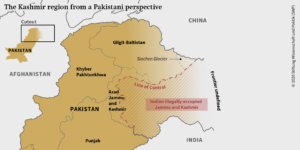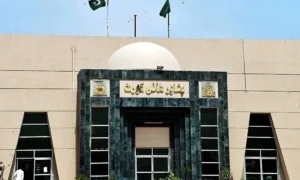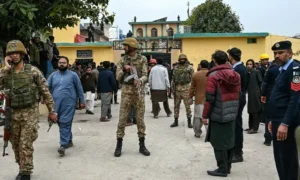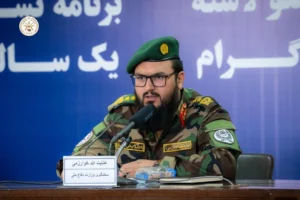Assistant Commissioner Faisal Ismail, a native of Odigram, Swat, was an engineering graduate of NUST and a product of Cadet College Kohat who joined the Khyber Pakhtunkhwa civil service after passing the Provincial Management Service examination; known for his dedication and people‑centred approach, he served as Assistant Commissioner of Nawagai Tehsil in Bajaur until he was killed in a roadside IED attack in July 2025.
The death of Assistant Commissioner Faisal Ismail is a stark reminder that the faces behind public service are human, with ambitions, families, and futures abruptly interrupted. In places where governance and violence intersect, the sacrifice of an individual official becomes a wider reflection on how a society organizes risk, honours duty, and translates grief into protective action.
The life behind the title
Faisal Ismail was more than an administrative designation. He was an engineering graduate who chose a career in the civil service, a decision that reframed personal promise into public commitment. That trajectory, from private professional potential to frontline public duty, embodies a form of sacrifice that is often unspoken: the willingness to trade a predictable, safer life for jobs that put one between state responsibilities and the hazards of conflict or instability. Remembering him means remembering those choices and the ordinary virtues that animate them: competence, patience, and a sense that the mechanics of daily governance matter.
What sacrifice demands from institutions
When a public servant pays the ultimate price, institutional obligations become morally urgent. Sacrifice cannot be answered merely with ceremonial praise. It requires concrete policies: reliable pensions and immediate financial relief for bereaved families; streamlined access to education and healthcare for dependents; and psychological counselling for colleagues who must continue under the shadow of loss. Equally important are preventive measures: risk evaluations for field deployments, safer travel protocols for officials in high-risk areas, and investment in local intelligence and community partnerships that reduce exposure to avoidable danger.
The social contract under strain
Each killing of a public official tests the unwritten bargain between citizens and the state. On one side, these deaths can deepen solidarity, catalyzing community support and renewed collective resolve to fight the forces that cause such loss. On the other hand, they can breed cynicism, a perception that those who serve are expendable, that protection is inconsistent, and that the cost of maintaining civic order is unfairly borne by a few. Restoring balance requires visible, sustained actions that demonstrate the state values its agents beyond statements: measurable improvements in safety protocols, transparent accountability for lapses, and tangible benefits for affected households.
The moral language of remembrance
Calling such deaths “sacrifice” places them within a moral vocabulary that recognizes choice and purpose. Public remembrance should therefore go beyond headlines and become a teaching tool. Stories that illuminate the person, their early life, motivations for joining the service, and everyday acts of duty convert anonymous statistics into relatable narratives. Commemoration that integrates these stories into civic education, local memorials, and media profiles helps cultivate a culture of respect for public work and encourages future generations to see service as honorable, not merely perilous.
Community and resilience
Local communities are often the first responders to both the death and its aftershocks. Their role is crucial in transforming grief into resilience. When neighbours, colleagues, and civic groups rally around a bereaved family with sustained material and emotional support, they model a societal solidarity that government alone cannot supply. Strengthening community networks and fostering trust between local populations and administrators reduces isolation and can act as a force multiplier for security, making officials less vulnerable and governance more rooted in local legitimacy.
Closing thought
The face of sacrifice, embodied in the life and death of Assistant Commissioner Faisal Ismail, compels us to examine how we distribute risk, remember loss, and honor service. Respecting that sacrifice means more than words; it means building systems that protect the living, recompense the bereaved, and teach the story of service with depth and dignity. A mature civic response turns sorrow into structural change so that the next generation of public servants inherits not an expectation of martyrdom, but a framework of care, safety, and meaningful recognition.
Also Read: DSP Iqbal Mohmand, A Face of Sacrifice in Pakistan’s War Against Terrorism

